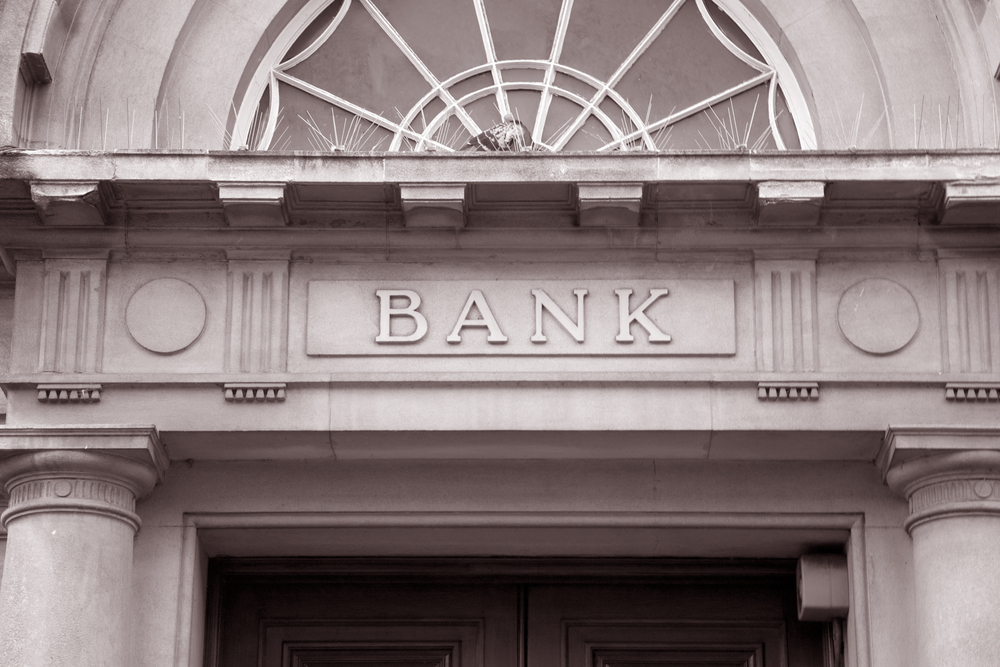Key Insights:
- Shekel faces a seven-year low, prompting decisive action from the Bank of Israel.
- Recent Hamas incursion amplifies economic strain, pushing the shekel’s decline.
- Central Bank’s past interventions highlight a history of proactive economic measures.
In a decisive response to the Israeli shekel’s recent downturn, the Bank of Israel has announced its intention to sell up to $30 billion from its foreign reserves. This strategic move comes as the shekel hits a seven-year low, further exacerbated by the recent incursion by Hamas militants, which has intensified the ongoing conflict.
Hamas Attacks Exacerbate Economic Strain
During a significant Jewish holiday, the nation was shaken by a multi-faceted attack by the Palestinian militant Hamas. This incursion, involving assaults by land, sea, and air, notably incorporated paragliders. Additionally, a barrage of rockets launched from Gaza into Israel heightened the existing tensions.
Consequently, the Israeli shekel experienced a decline of 1.63%, trading at 3.90 against the US dollar. In response, the nation’s central bank is strengthening the local currency by selling its foreign reserves.
On Monday, Amir Yaron, the head of the Bank of Israel, spoke about the current financial climate. He underscored the institution’s dedication to stabilizing the shekel’s fluctuations. “In the upcoming days, the Bank will actively engage in the market to manage the shekel’s exchange rate dynamics,” Yaron remarked. Furthermore, he guaranteed the bank would ensure ample liquidity to maintain smooth market operations.
Central Bank’s Additional Measures for Stability
Beyond the sale of foreign reserves, the Bank of Israel plans to offer liquidity through SWAP mechanisms, amounting to up to $15 billion. This initiative is designed to ensure market stability amidst the prevailing uncertainty.
Following the central bank’s announcement, Israel’s benchmark TA-35 index, which had suffered a 6.47% dip, showed signs of recovery, rising by 0.11% during Monday’s initial trading hour.
Historical Context: Bank’s Previous Interventions
Back in 2021, they adopted a similar strategy. The Monetary Committee at the Bank of Israel had expressed its intention to buy $30 billion in the foreign exchange market, aiming to curb the shekel’s appreciation.
Other Middle East markets are also feeling the economic strain. Egypt’s EGX 30 reported a 0.6% decrease, while Saudi Arabia’s Tadawul All Share Index fell by 0.55%.
The Bank of Israel’s actions highlight its dedication to ensuring economic stability in these challenging times. The bank’s interventions are crucial With ongoing conflict and external pressures.
